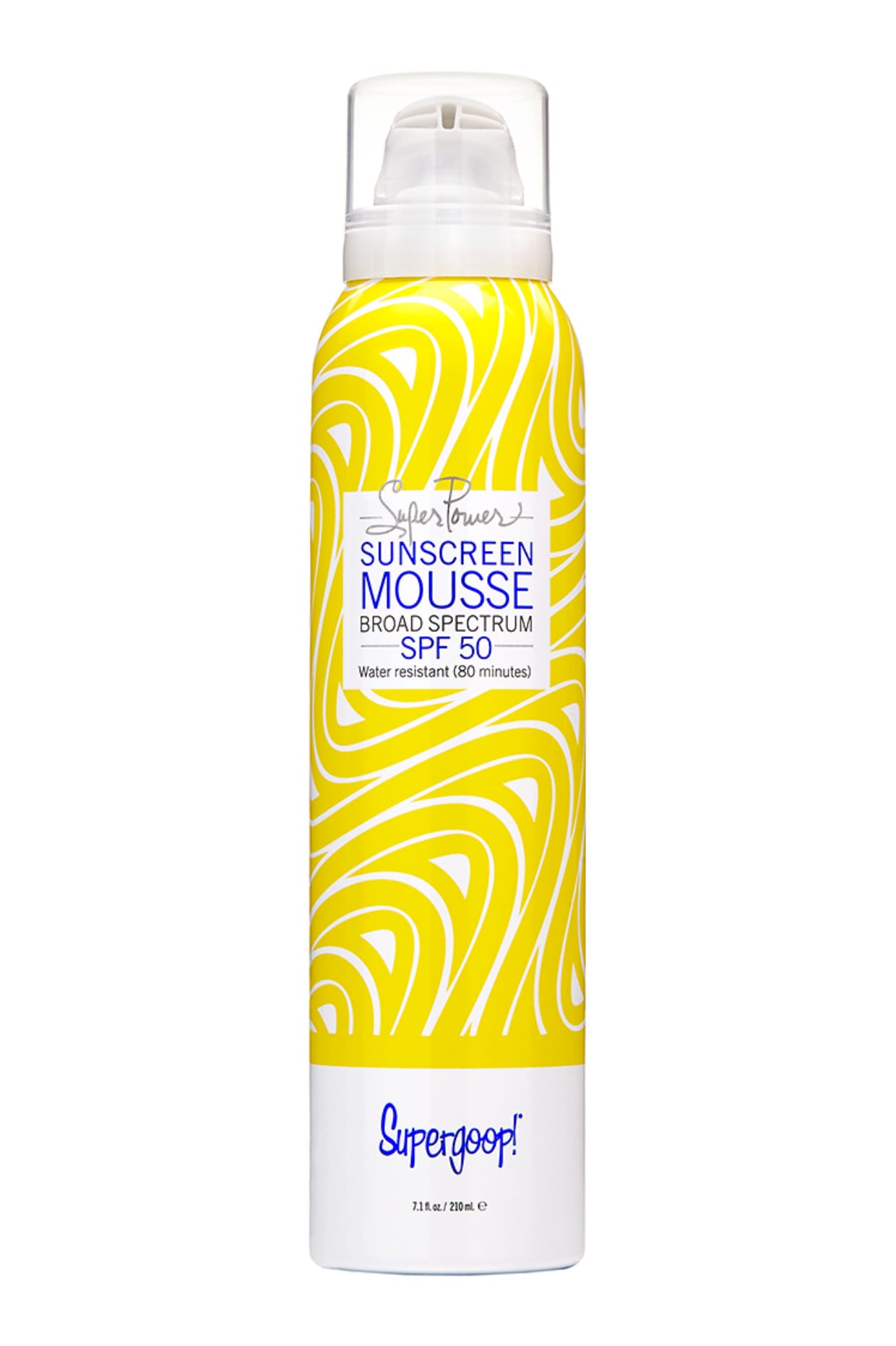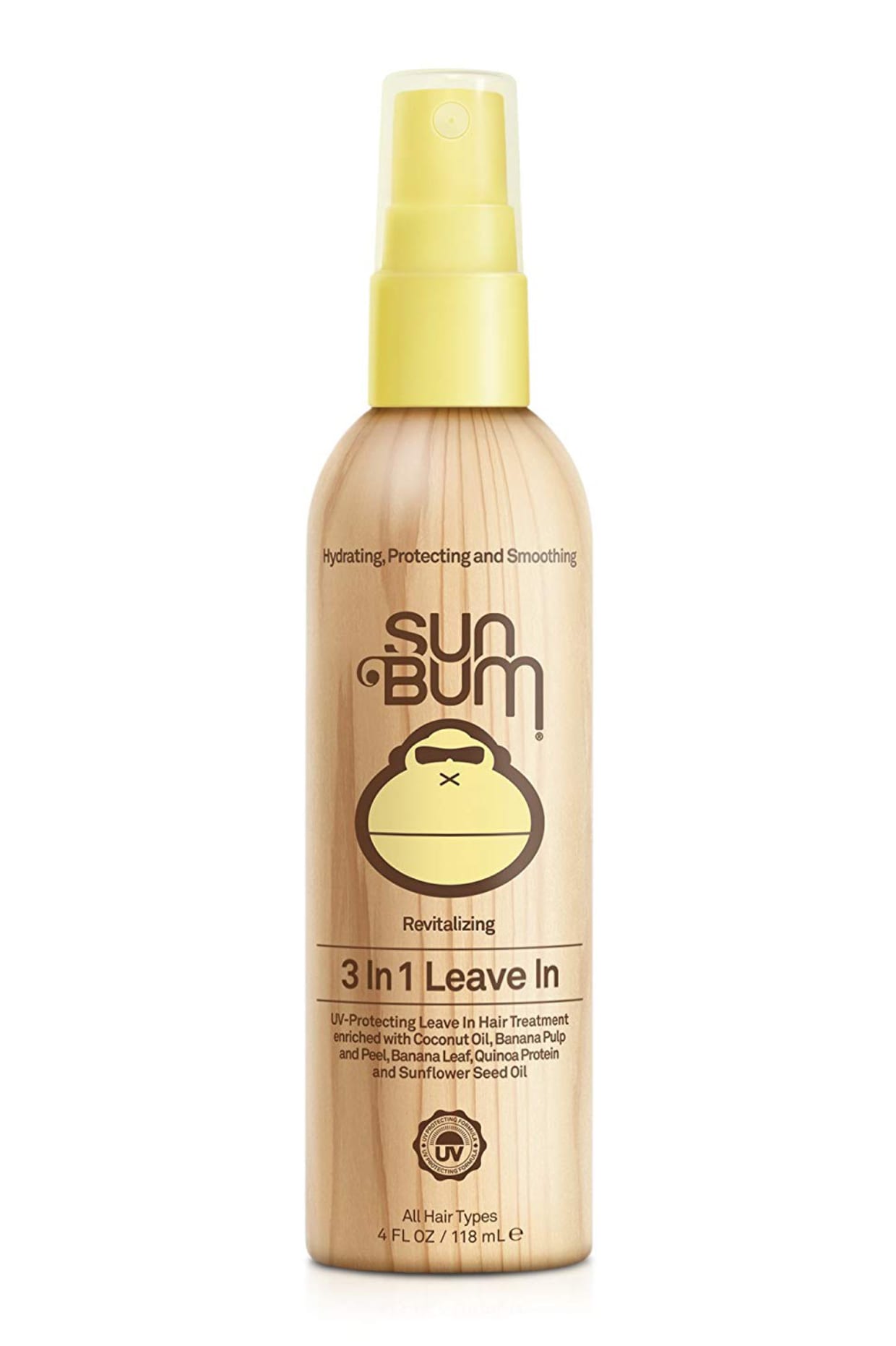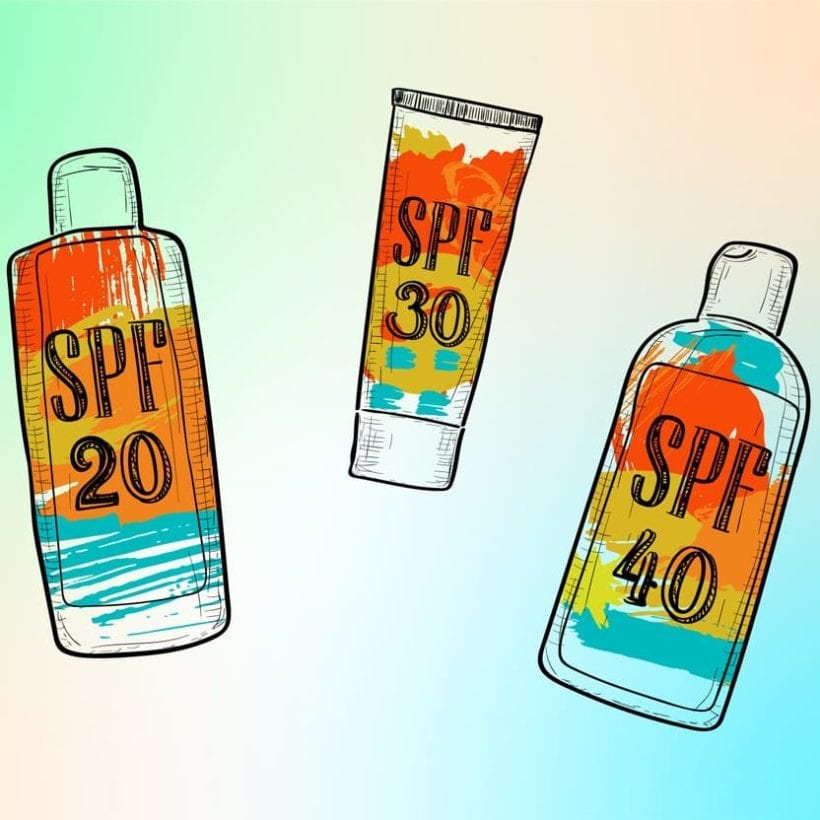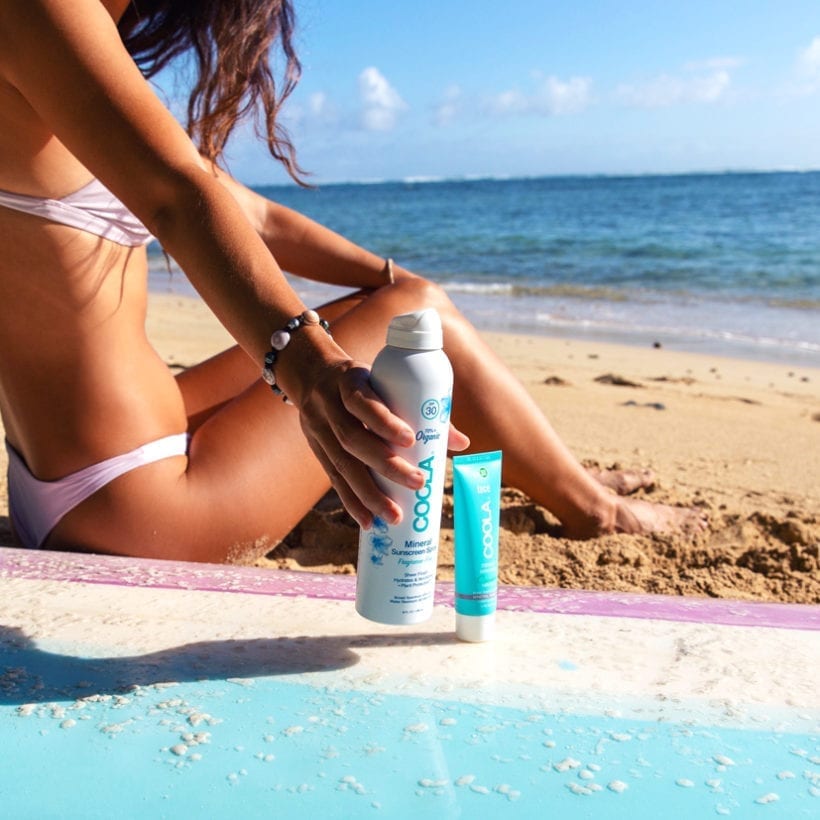I have become the proud mom of my friend group, asking, “Did you put on sunscreen?” while whipping out an array of SPF products from my bag every 30 minutes. For me, the logic is simple: skin cancer — yes, cancer — is highly preventable. And blocking the harmful UVA/UVB rays from the sun not only helps prevent the growth of cancerous cells, but it also saves you from the photodamage that can leave skin looking wrinkled and weathered long before you spot your first gray hair.
Wearing SPF all day, every day is a no-brainer.
I have an SPF arsenal: waterproof, sweat-resistant SPFs, non-toxic sunscreen, face formulas, body formulas, sprays, gels and creams. I even have an SPF highlighter and a set of SPF eyeshadow. (Research shows the most commonly missed spot when applying sunscreen to your face is the area around the eyes. A dangerous oversight, considering between five and 10 percent of all skin cancers appear on the eyelid, according to the British Association of Dermatologists.)
But even with my elaborate sun protection routine, there was still one area I was missing: My hair.
Sunscreen for Your Scalp
Protecting your scalp from damage-causing UVA and UVB rays might not be on your radar — but it should be. “We see skin cancers on the scalp all the time,” says Chris Adigun, M.D., a fellow with the American Academy of Dermatology. Particularly basal cell and squamous cell carcinomas, adds Lily Talakoub, M.D., a board-certified dermatologist in Virginia. “The scalp is an area often forgotten, not treated with SPF, and which gets a lot of sun,” she says.
If anything, your scalp needs more protection from the sun than other areas of your skin. “That exposed area is perpendicular to the sun,” Adigun says. “So, it’s going to get a lot of sun even when other parts of your body maybe aren’t going to get quite that much.” If you always part your hair the same way, that little strip of skin in your part is likely getting roasted, leaving you vulnerable to skin cancer and cell damage.
Enlisting your hairdresser can be a smart move too — she is the one going through your hair with a fine-tooth comb on a regular basis, after all. “Alert them beforehand and say, ‘if you see anything on my scalp, that does not look like normal skin, that’s either a dark spot or a red spot, please point it out to me,’” Adigun says. “Then you can know the general region that this spot is in when you come in to see your dermatologist, and we can more easily look for it and find it.”
It is not uncommon for rough patches or even little pimple-like bumps to pop up on your scalp — they are most likely inflamed follicles or tiny sores, not skin cancer. “The difference is those little pimple-type spots on your scalp go away on their own within about a month,” says Adigun. “If this is something that does not go away within a month, then it really needs to be evaluated.”
SPF for Your Hair
OK, so you should protect your part. But is an all-over SPF hair formula really necessary? Yes, it is.
Rays from the sun can also damage the hair itself; when the sun beats down on your hair, it damages the outside protective coating of keratin (aka the cuticle) on each strand, according to the Cleveland Clinic. Without that armor, the heat from the sun can get straight into the heart of the hair shaft and fry it, leaving your hair brittle, dry, frizzy and damaged. If you color your hair or heat style, that can make the damage even worse.
The lighter or thinner your hair, the more vulnerable it is to sun damage. (Natural hair is also more vulnerable to damage because strands tend to be thin and flat, according to the Cleveland Clinic.)
How to Keep Your Head Protected
Recently, SPF has started showing up in hair care products. Think root sprays, part powders and all over formulas designed to slick strands in a coat of SPF. But the best way to protect your scalp from the sun is by wearing a hat, says Adigun, who recommends routinely wearing one if you are going to be outside. That said, she knows it is not always realistic. “There are a lot of people that really are very resistant to wearing a hat — it’s uncomfortable to them for various reasons,” she says.

The good news is that sun hats (just like sunscreen formulas) will make just as successful additions to your Instagram as they do to your sun protection routine. (Just be honest with yourself: if you are only going to snap a few pics and then toss your hat in your beach bag, make sure you are using an SPF spray or powder for your scalp and hair.)
“For those patients that are really, really resistant to wearing a hat, we actually recommend using a powder sunscreen,” Adigun says. “There are some high-quality powder sunscreens available that you can then apply to your part. I recommend it every morning, every single day, because that bit of your scalp along your part is going to get sun when you’re walking from your house to your car, or when you’re running errands”—not just when you are at the beach, she says. Bonus: powder sunscreens also work as a dry shampoo, sopping up any sweaty roots while also keeping you protected.
You should also make sure to have your scalp checked out at your annual skin check. “The scalp is particularly important since no person can see their entire scalp,” says Talakoub, adding that it is even more important if you have blonde or red hair or if your hair is thinning since more UV rays can reach your scalp.
The bottom line: keep your scalp and hair protected. And make sure to reapply — no matter what type of formula you use, it will sweat off or wash off if you go for a dip, just like sunscreen for your body. (Talakoub recommends reapplying every two hours.)
And now, when I pester my friends about applying their SPF? I make sure it is from head to toe.
We only recommend products we have independently researched, tested, and loved. If you purchase a product found through our links, Sunday Edit may earn an affiliate commission.









